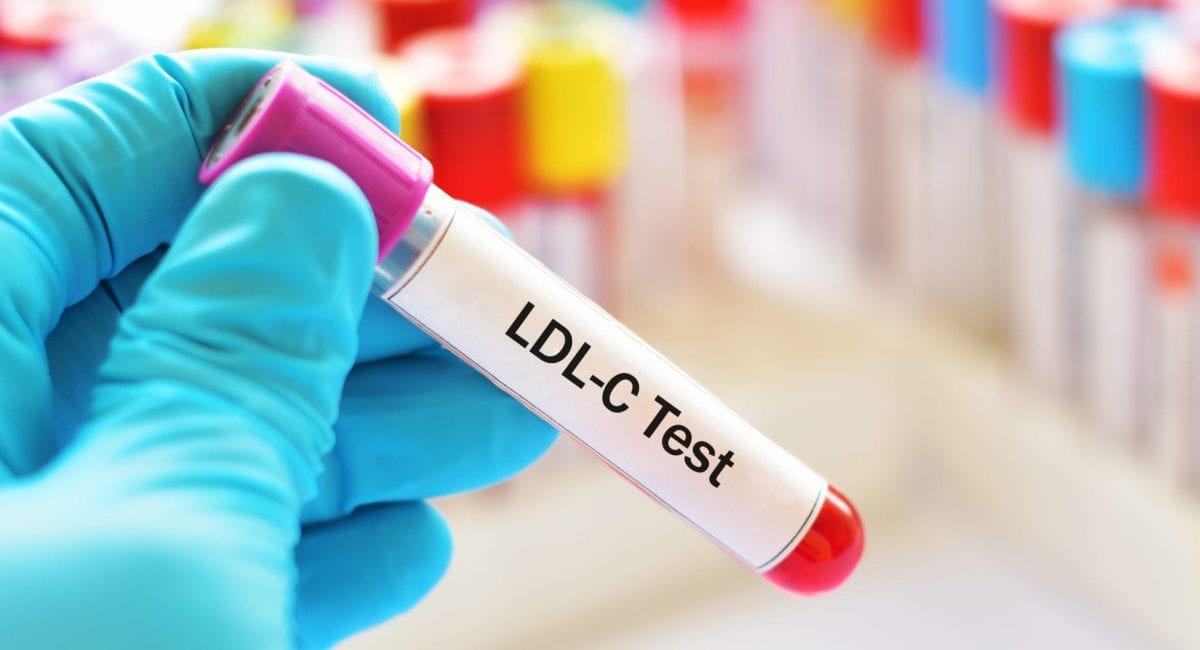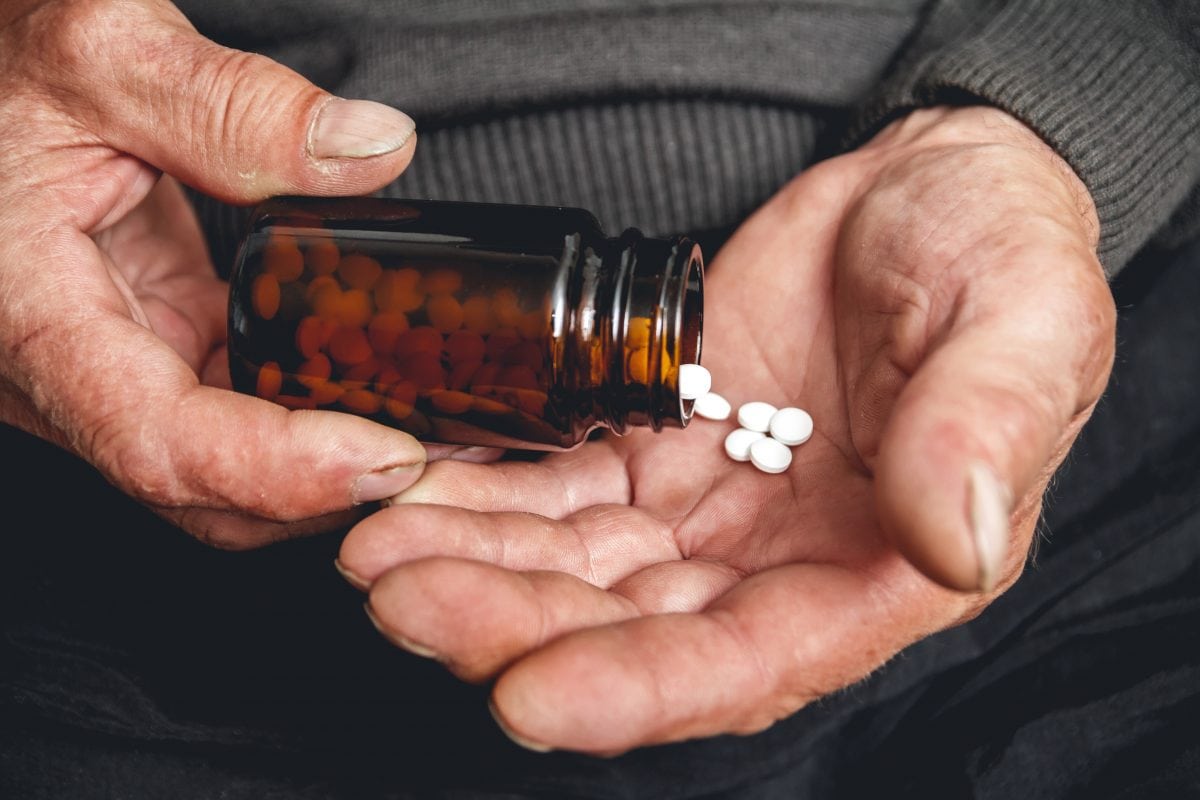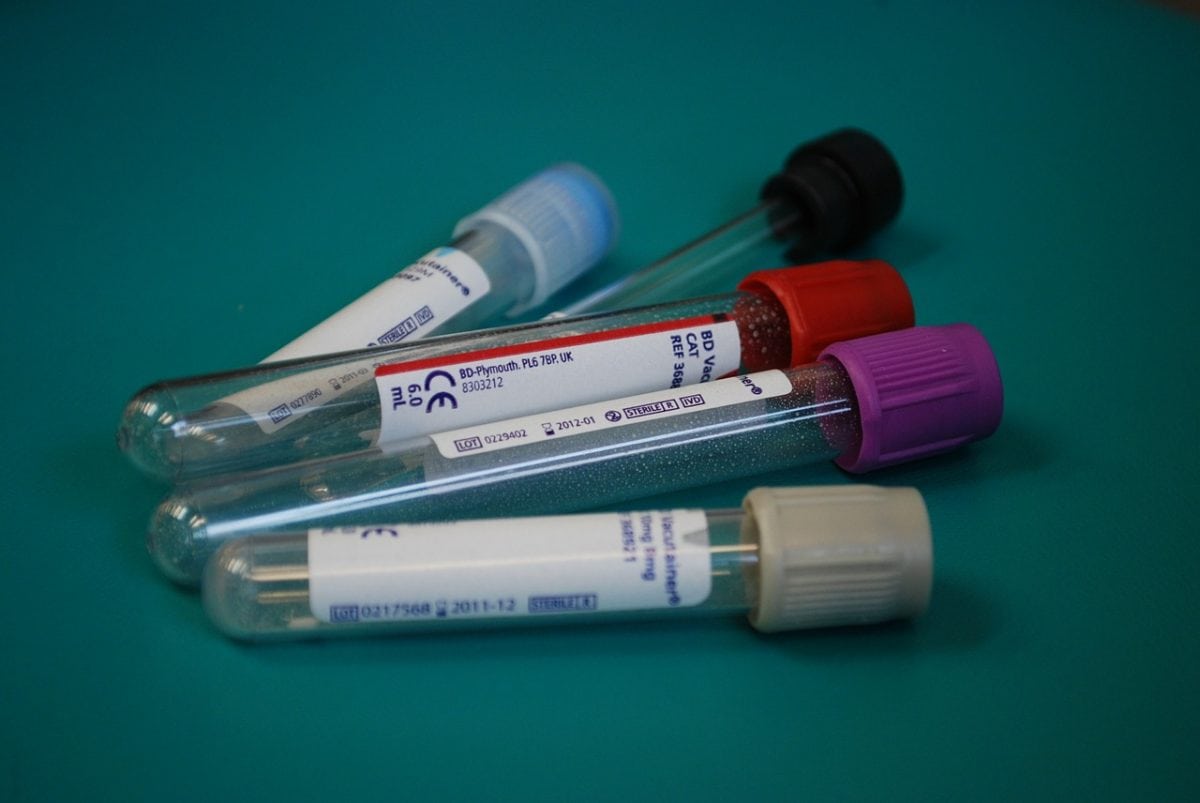What Does My Cholesterol Level Mean?
Depending on how you look at it, cholesterol can be an incredibly simple topic, or an incredibly confusing one. Contemporary medicine teaches that cholesterol is “bad” and should be low. That seems pretty simple, right? Get it tested, if it’s high start a drug to lower it.
Times have changed. Now, cholesterol is much more complex, and we all need to be armed with knowledge before we sit down with our doctors to evaluate our cholesterol levels.
Here is my guide to you and your doctor for evaluating your cholesterol.
1. Understand the difference between Total Cholesterol (TC) and high density lipoprotein (HDL) and low density lipoprotein (LDL)
If you doctor is referring to your total cholesterol (TC) and is making decision based on your TC— Run, don’t walk. Run away and find another doctor. TC is comprised of low density lipoprotein (LDL), so-called “bad cholesterol” even though it isn’t bad. High density lipoprotein (HDL), so-called "good cholesterol", and remnant cholesterol (VLDL and IDL). Initial studies in the 1960s and 70s looked at TC and risk of cardiovascular disease (CVD) and found a weak association. That was prior to when scientists learned how to measure LDL and HDL.
Studies then looked at the individual lipoproteins (i.e. LDL and HDL) and found the higher the LDL, in general, the higher the risk for CVD. And the higher the HDL< the lower the risk of CVD. So, while talking about TC was cutting edge in the 60s and 70s, it is woefully outdated today. That is why if your doctor is still evaluating and treating TC—Run!
2. Does Your Doctor Know Your TC to HDL and TG to HDL Ratios?
If your doctor does not know your ratios, this is another reason to run away and find another doctor (We are doing lots of running here, bonus exercise!) Studies in the early 2000s and more recently have shown that total cholesterol to HDL ratio (TC:HDL) and triglyceride to HDL ratio (TG:HDL) are BETTER predictors of cardiovascular risk than isolated LDL, TC or HDL.
By incorporating TG and HDL into the analysis, these ratios incorporate the impact of remnant cholesterol and track with insulin resistance, both strong predictors of CVD. These ratios are calculated from a standard lipid profile, so they do not require any special testing or special labs. They are widely available for everyone to see. So if your doctor is not using them to evaluate your lipids, it's time to find a new one.
3. Understanding a Familial hypercholesterolemia (FH) diagnosis
Familial hypercholesterolemia (FH) is a diagnosis that requires (wait for it…) a family history! As the name suggests, it is an inherited condition passed from generation to generation. All too often, doctors will see an LDL level over 190 and make the diagnosis of FH. If your doctor makes that diagnosis that based on level alone without a family history, run!
There is a well-accepted scoring system, The Simon Broome Criteria, to help determine if someone has FH. This equation factors in age of diagnosis, absolute level of LDL, in addition to family history of early onset hyperlipidemia or early onset heart disease. It makes a big difference if you have FH or not. Don’t let your doctor label you as having FH without applying the full criteria. Just wait for the look on their face when you respond, “What was my Broome score? Did it confirm I have FH?” and hope you don't hear crickets.
4. What is Advance Lipid Testing?
Advance lipid testing may be helpful. And it may not. Advanced lipid testing can tell us the size, density, and inflammatory characteristics of our lipoproteins. This can help further risk stratify the potential danger of our lipids. For instance, small, dense LDL tend to correlate more strongly with CVD, whereas so-called pattern A LDL (the larger, less dense version) does not correlate as well.
Here is the interesting part. Those with high TG and low HDL almost uniformly have small dense LDL and increased inflammation. Conversely, those with low TGs and high HDL have Pattern A, larger less dense LDL. Are you starting to see a pattern? Low TG and high HDL=good. High TG and low HDL=bad.
Sometimes, however, there can be variation in this equation. Therefore, I usually suggest people get advanced lipid testing one time to see if their results correlate. If they do, then you can just follow your ratios to predict your advanced results. Why not get them all the time? They are frequently not covered by insurance and can be expensive.
5. Interpret your lipids in context
Lipids don’t exist in a vacuum. They exist in your body, so it's important to take into account what else is going on in your body. Insulin resistance and inflammation can directly affect your lipids and increase your risk in general. Hypertension, obesity, and family history of heart disease also play crucial roles in determining your risk.
Therefore, if your doctor checks only your lipids and bases decision on those labs alone—Run! Instead, you should get a hsCRP, Hgb A1c, fasting glucose, insulin and HOMA-IR, BP measurement, family history assessment, and complete history. This is the context in which your lipids should be evaluated. Not alone in a vacuum.
6. Why test a risk factor that may be related to CVD risk when you can test the disease itself?
Good question, right? To truly know what your lipids mean to you, you also need to know if you have evidence of CVD. Coronary artery calcium scores and Carotid Intima Media Thickness (CIMT) are two easy, relatively inexpensive tests, that you can get to show you whether or not you have current evidence of CVD. The presence or absence of disease significantly impacts the risk of lipid levels.
So, What Does Your Cholesterol mean to You? It depends.
It depends on many factors, and only by evaluating ALL of those factors can you truly know what impact your lipids may be having on our health. Anything short of this evaluation is an inadequate and antiquated approach to lipids.
Now you are forewarned and forearmed, and you can walk into your doctor’s office ready to ask the important questions and help guide the workup so that you can know what your cholesterol means to you.
Thanks for reading, and as always, please let us know If you have any comments or questions.
Bret Scher MD FACC
Founder, Boundless Health
www.LowCarbCardiologist.com






